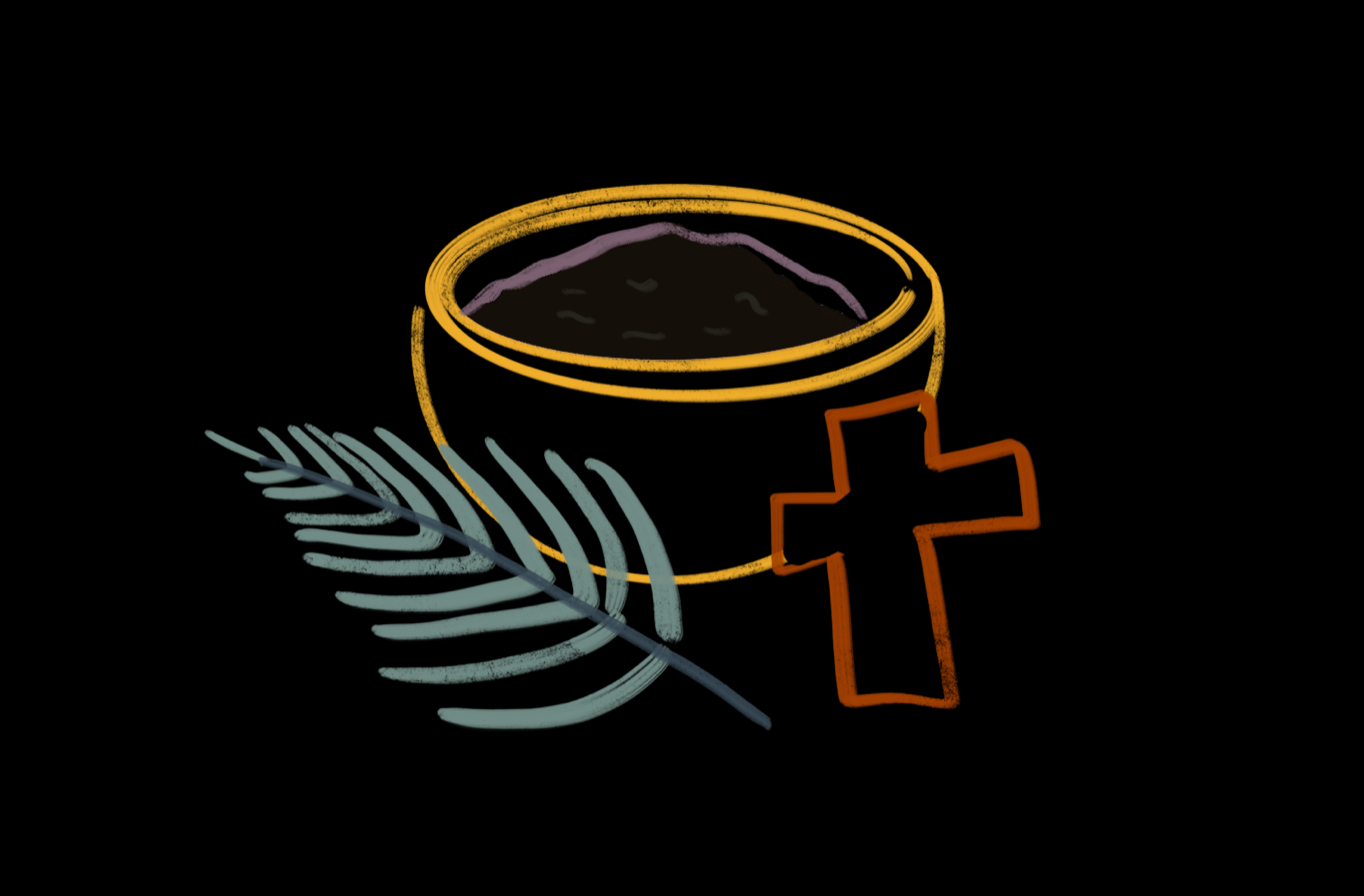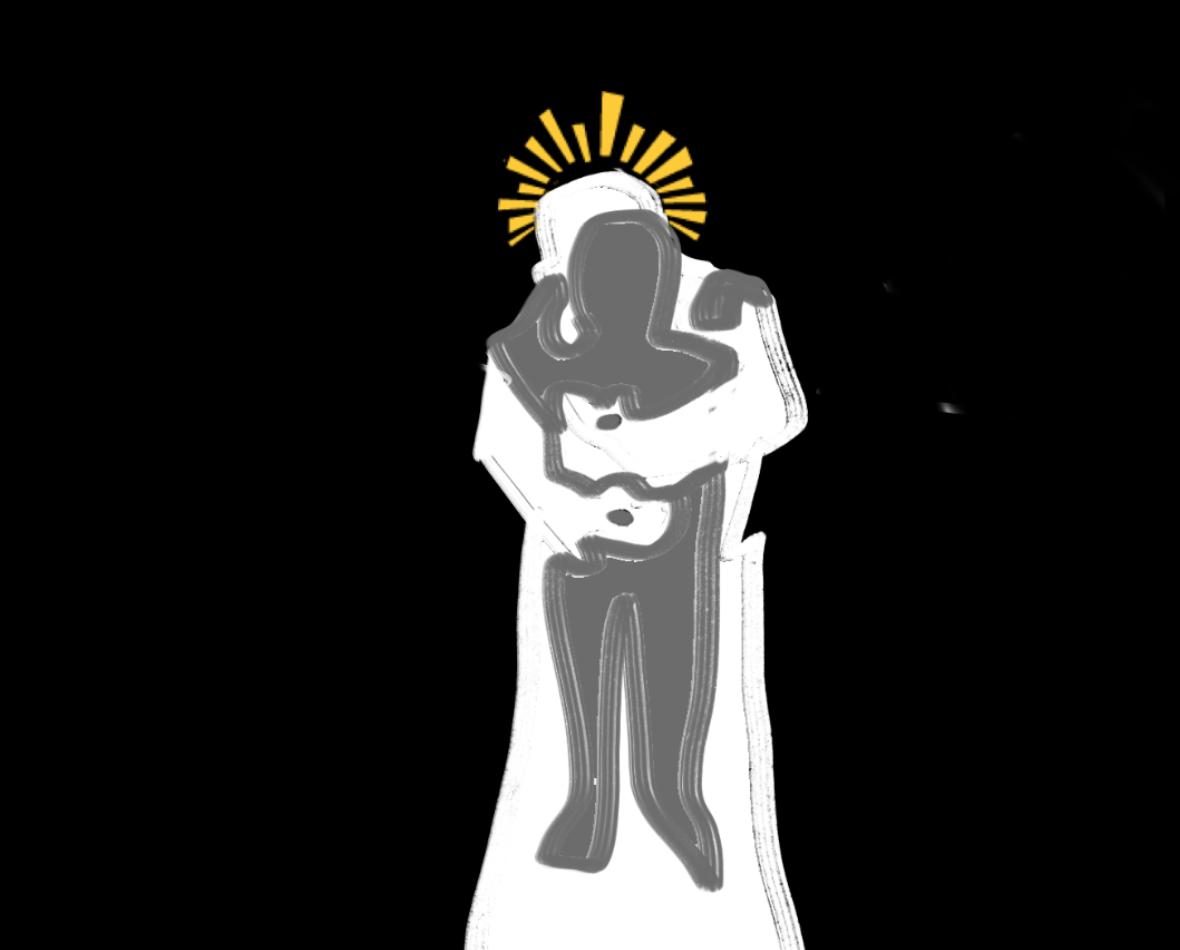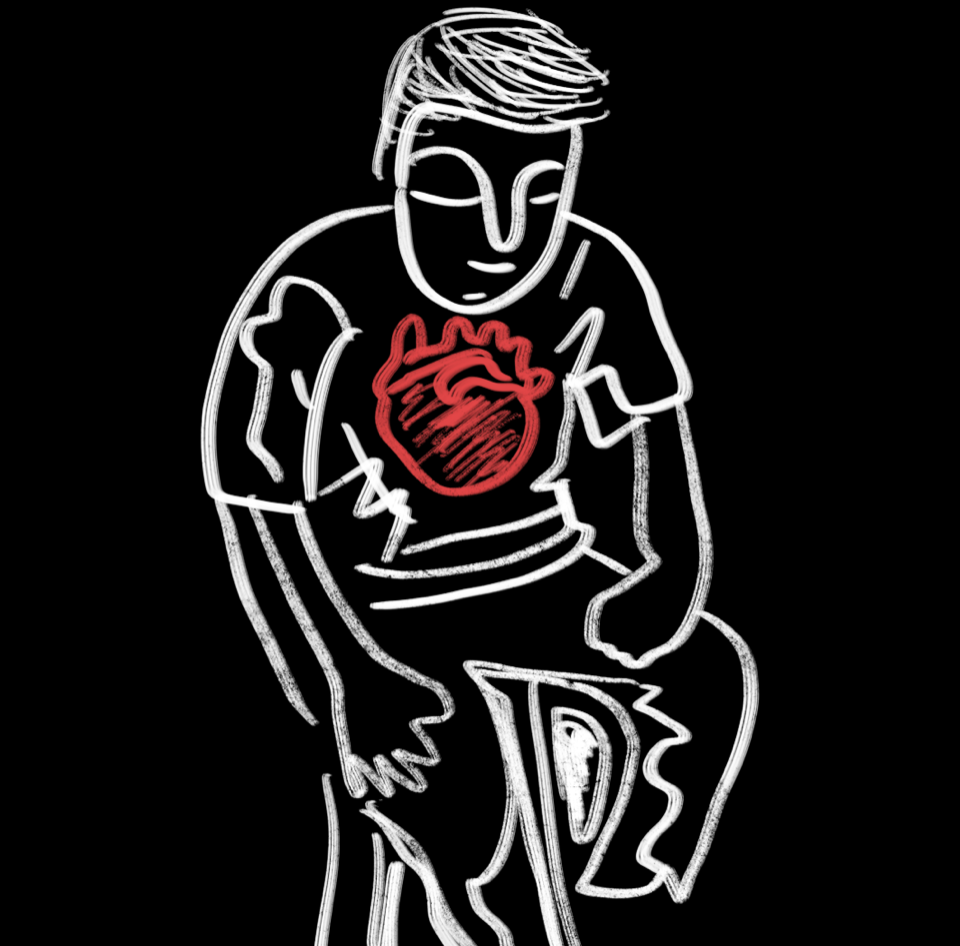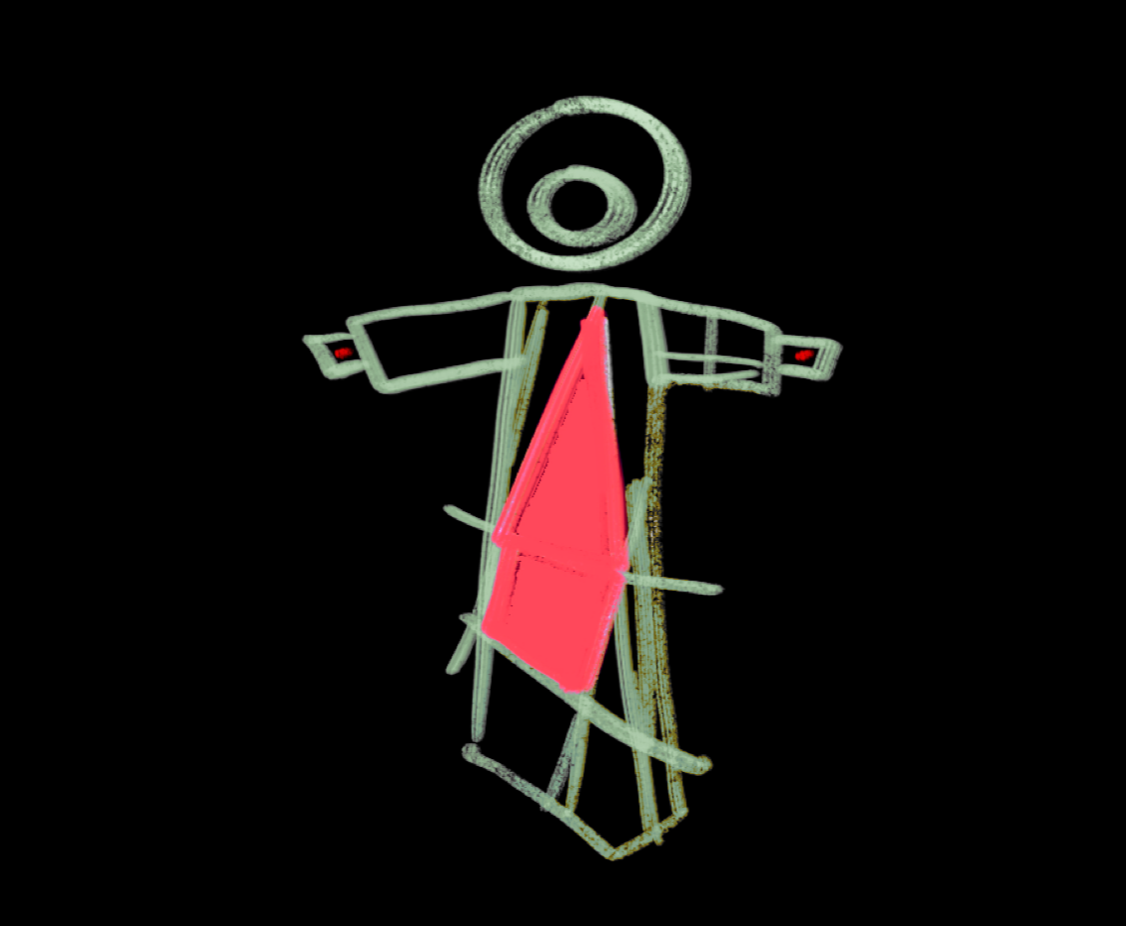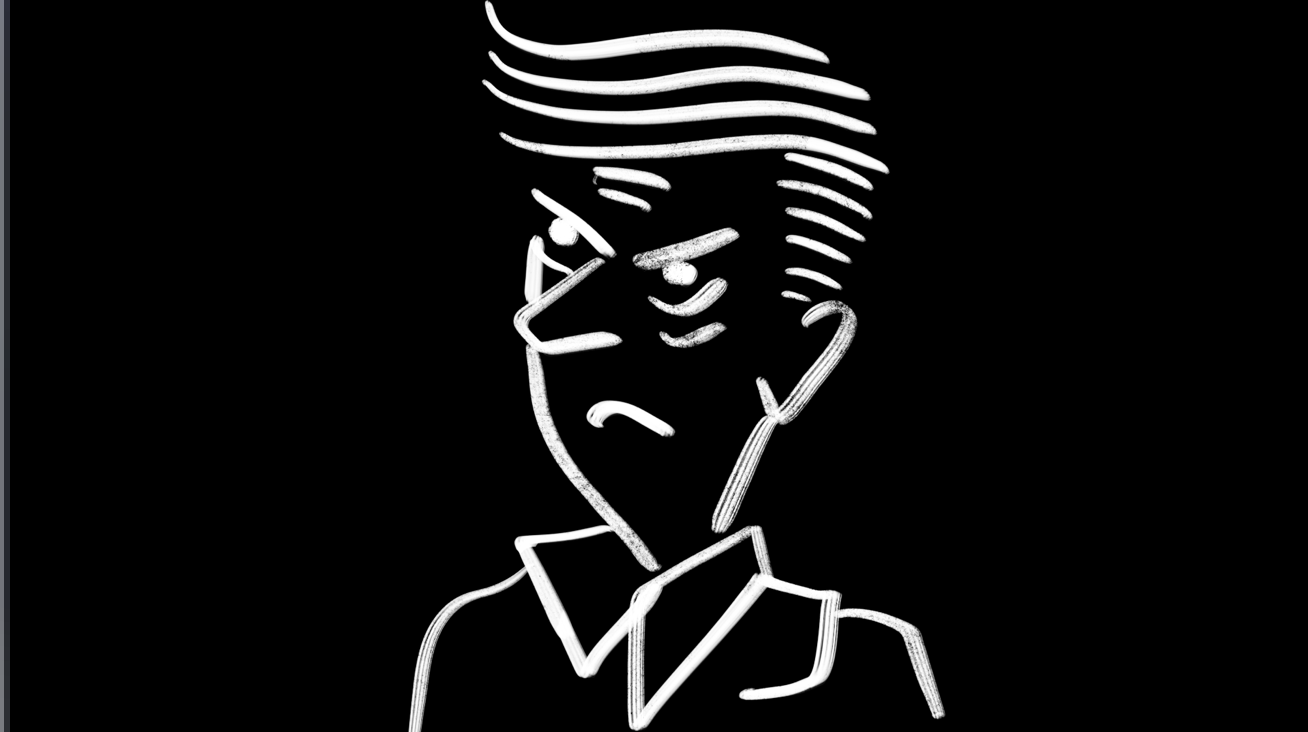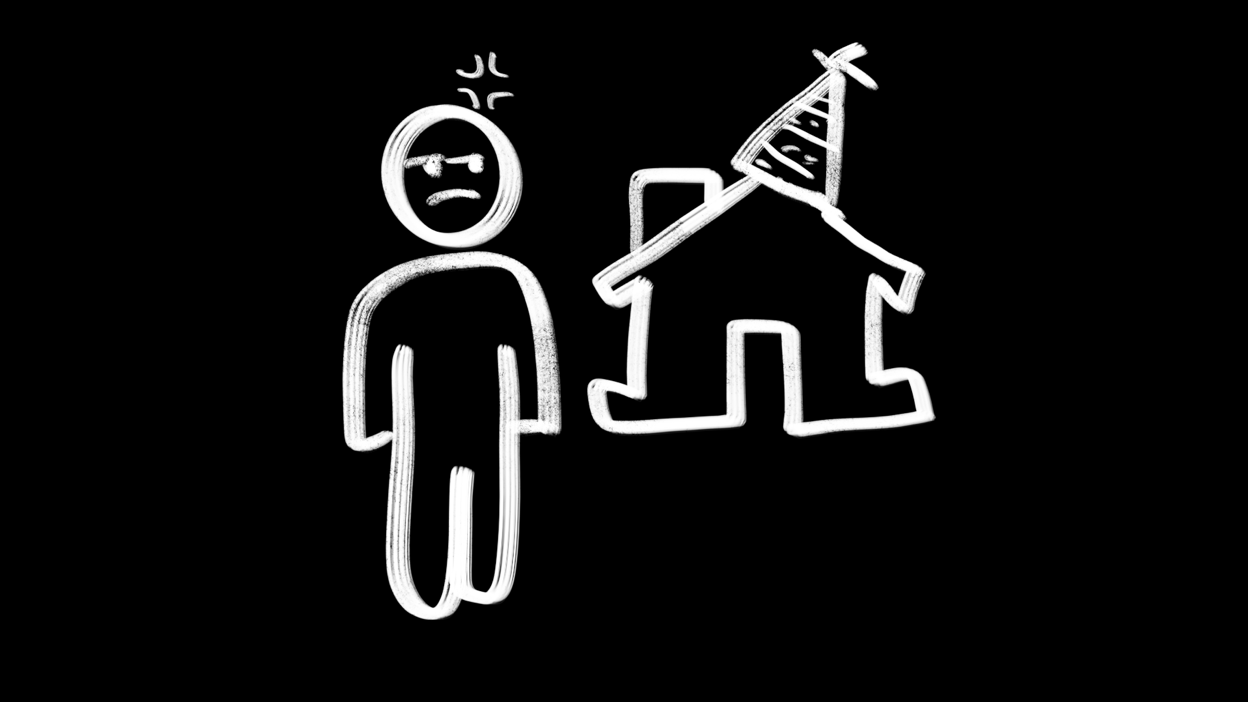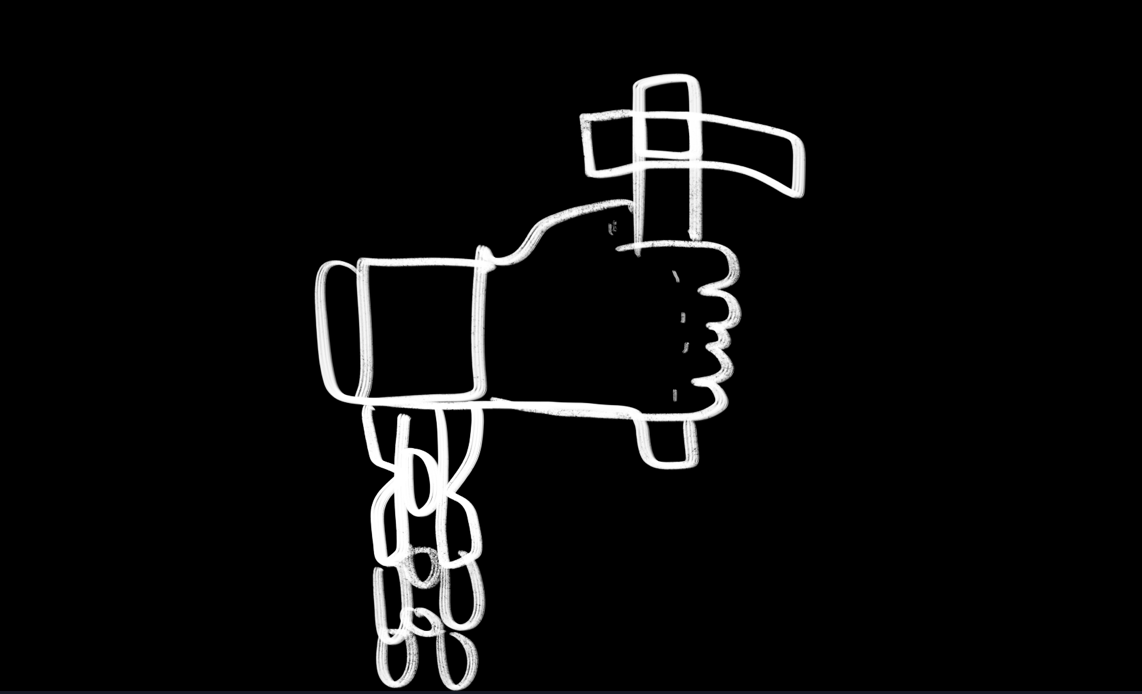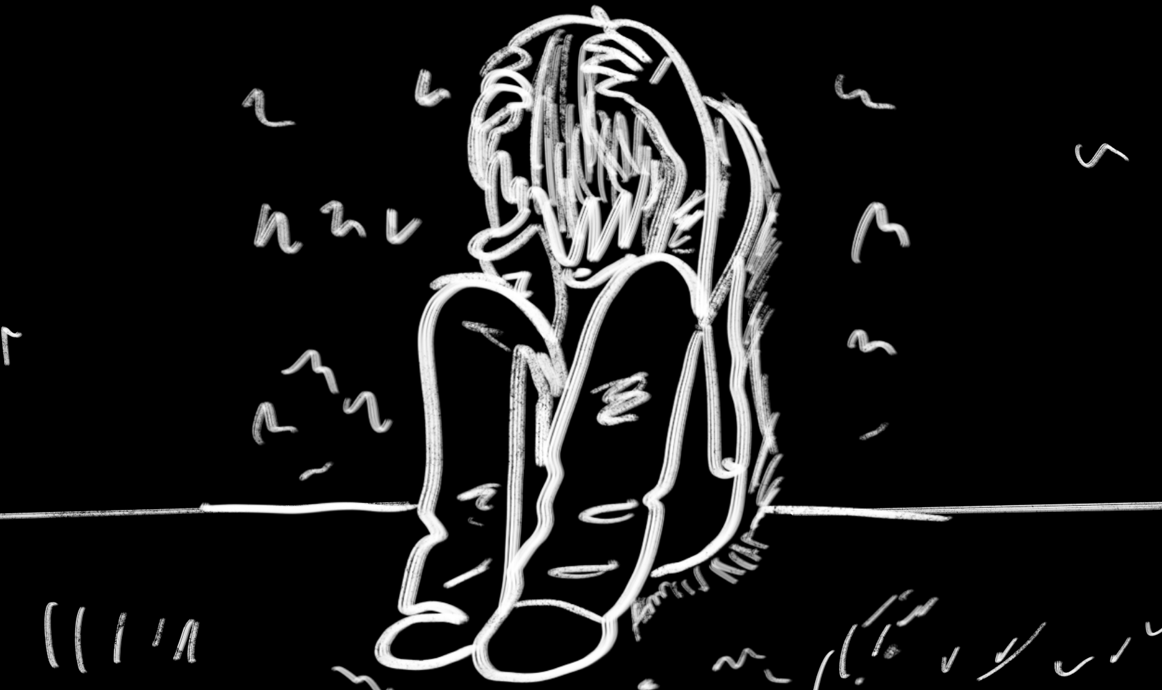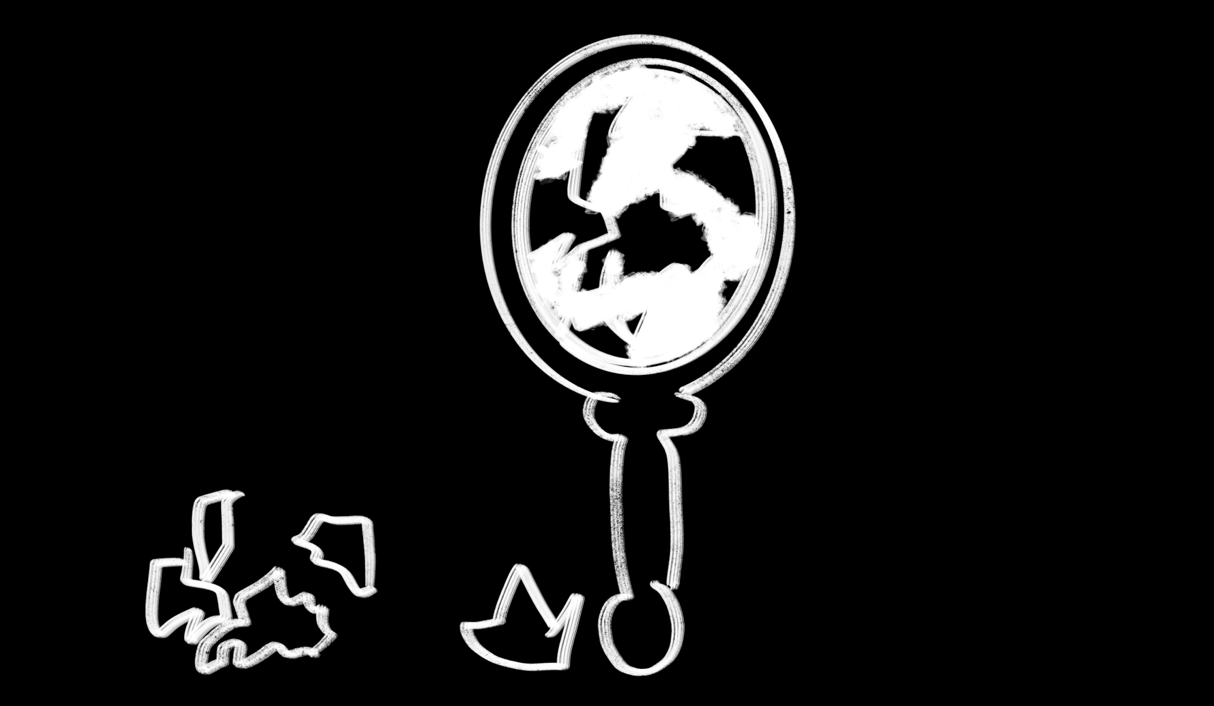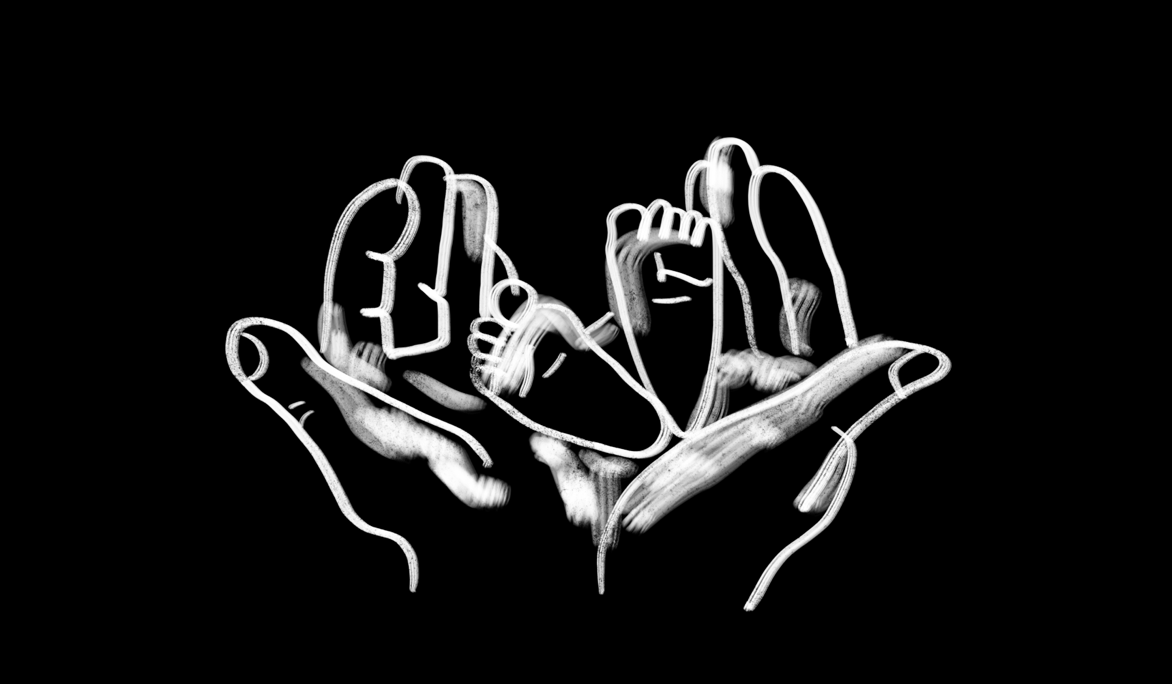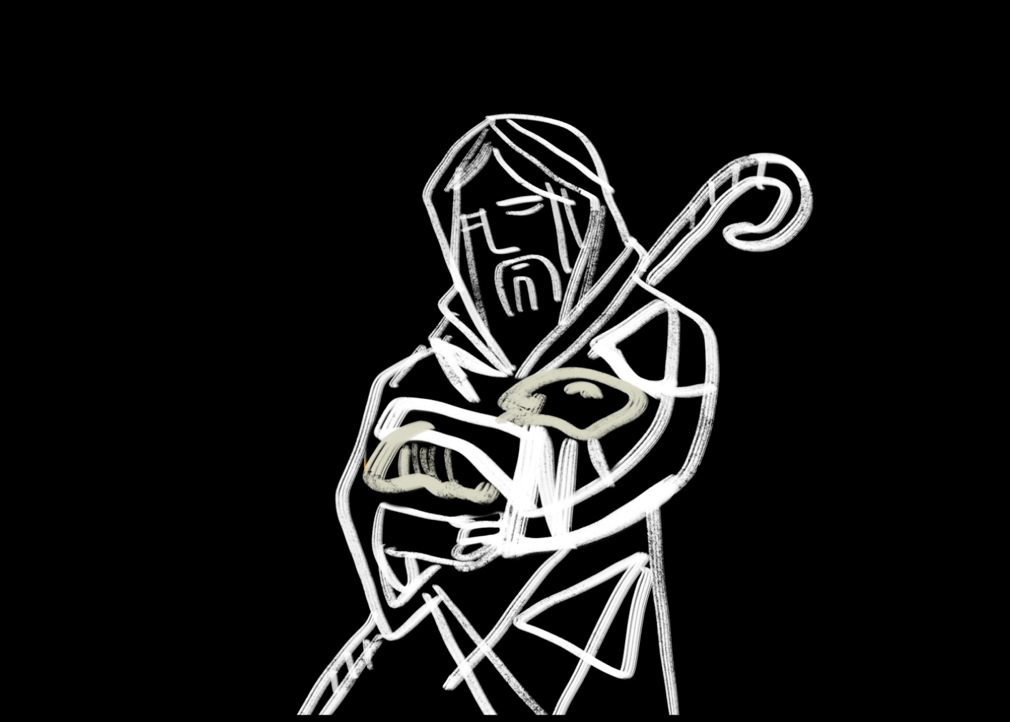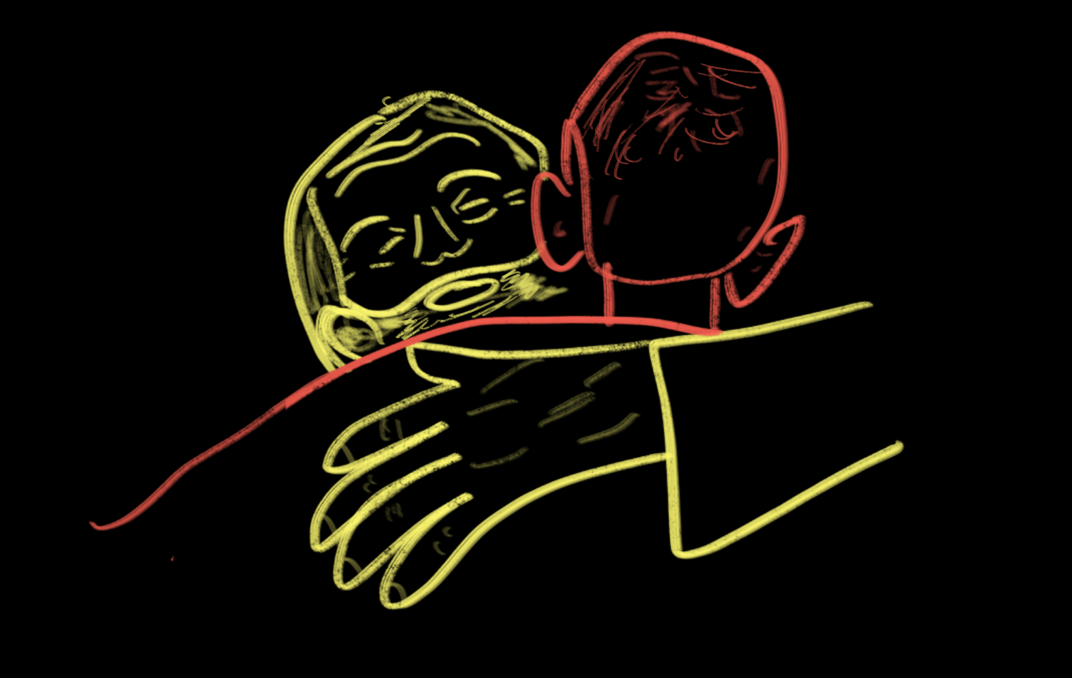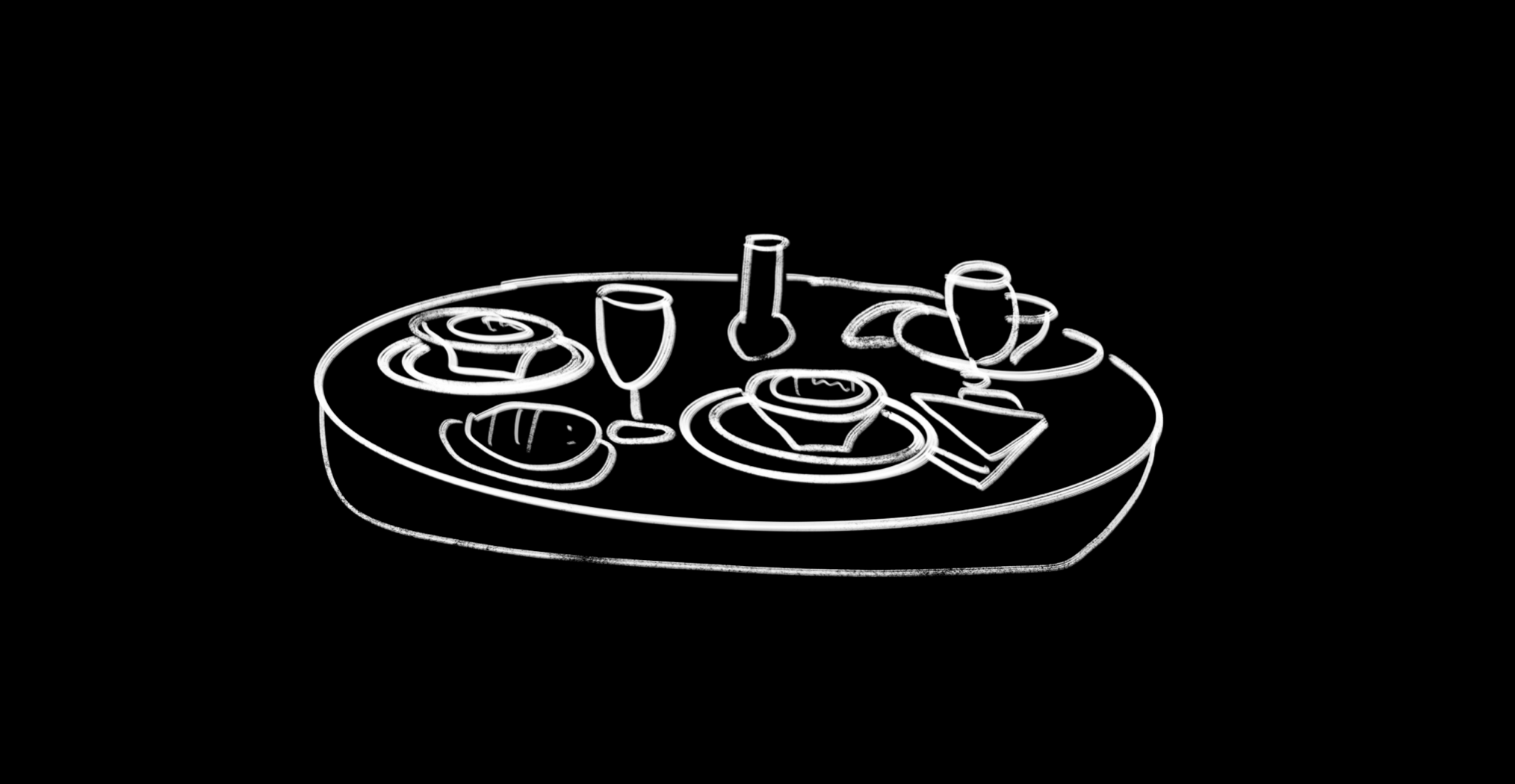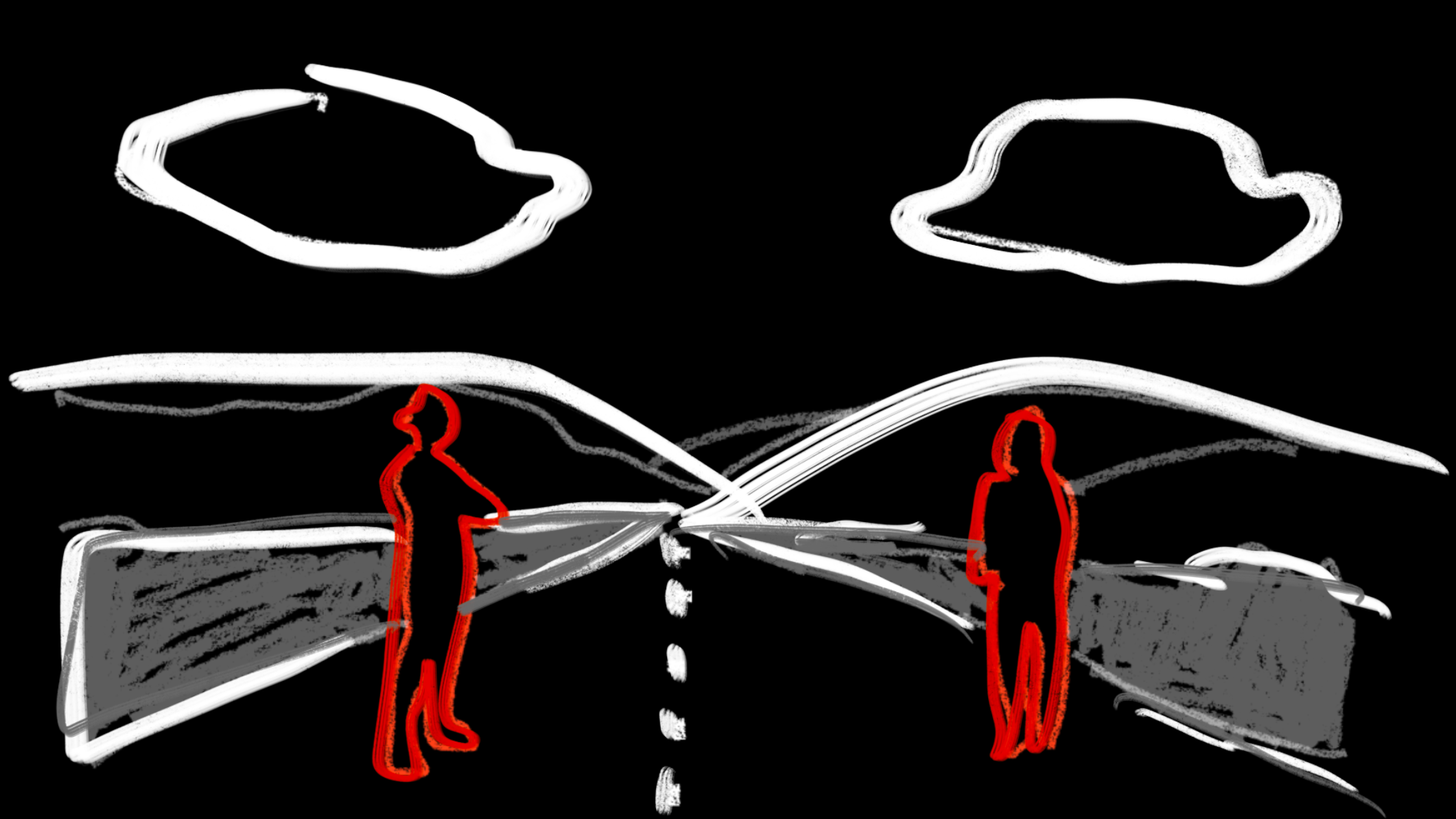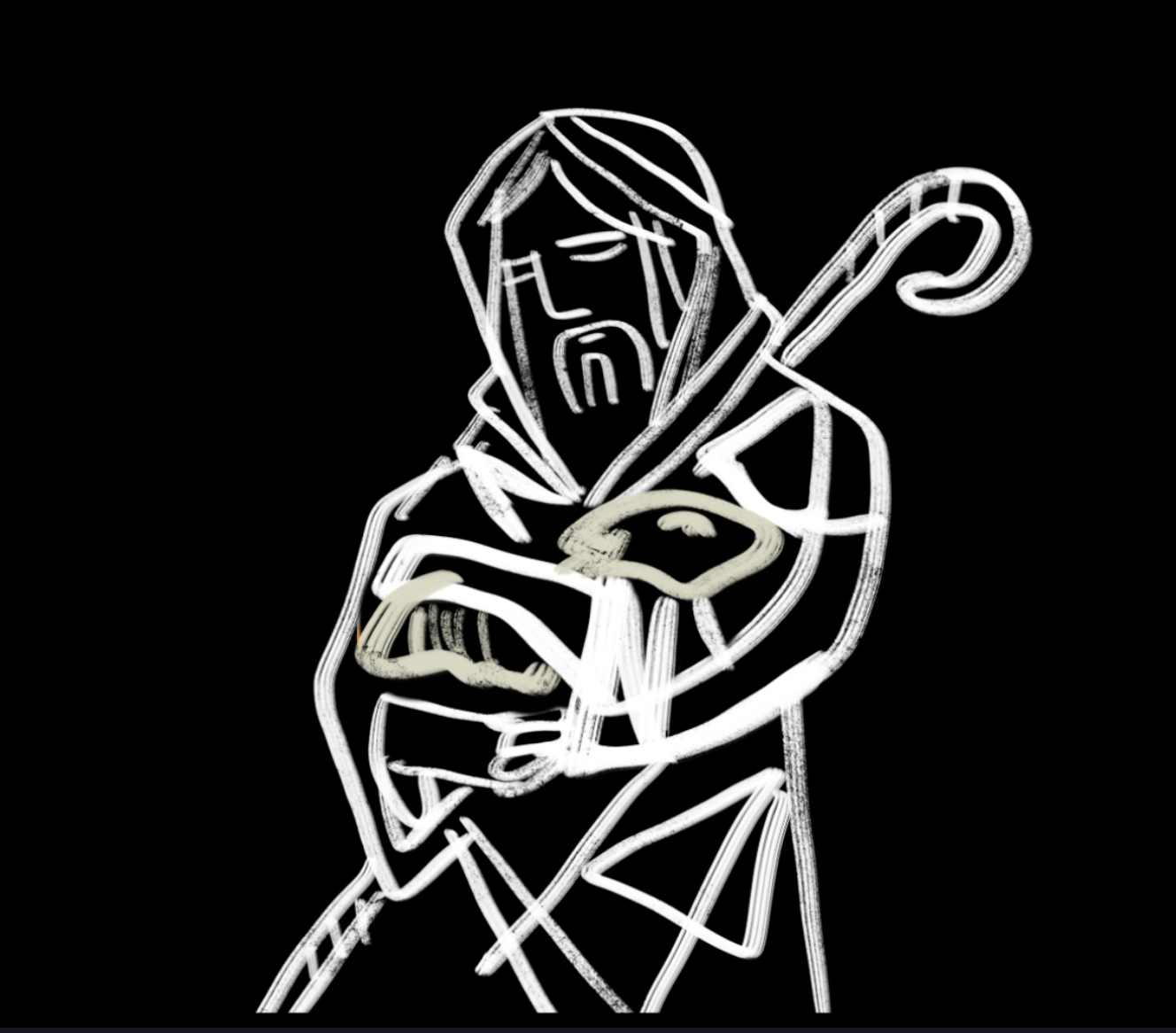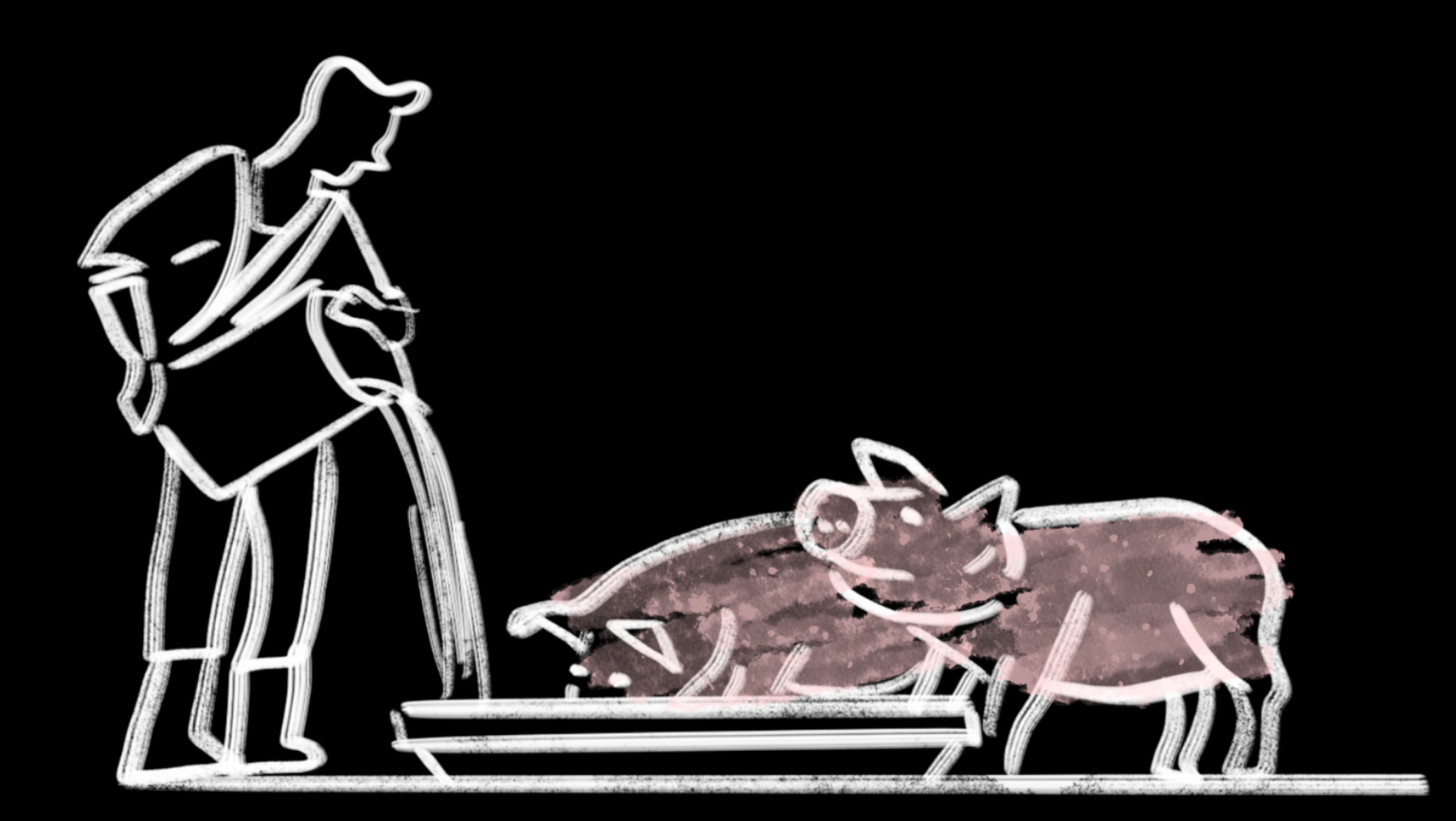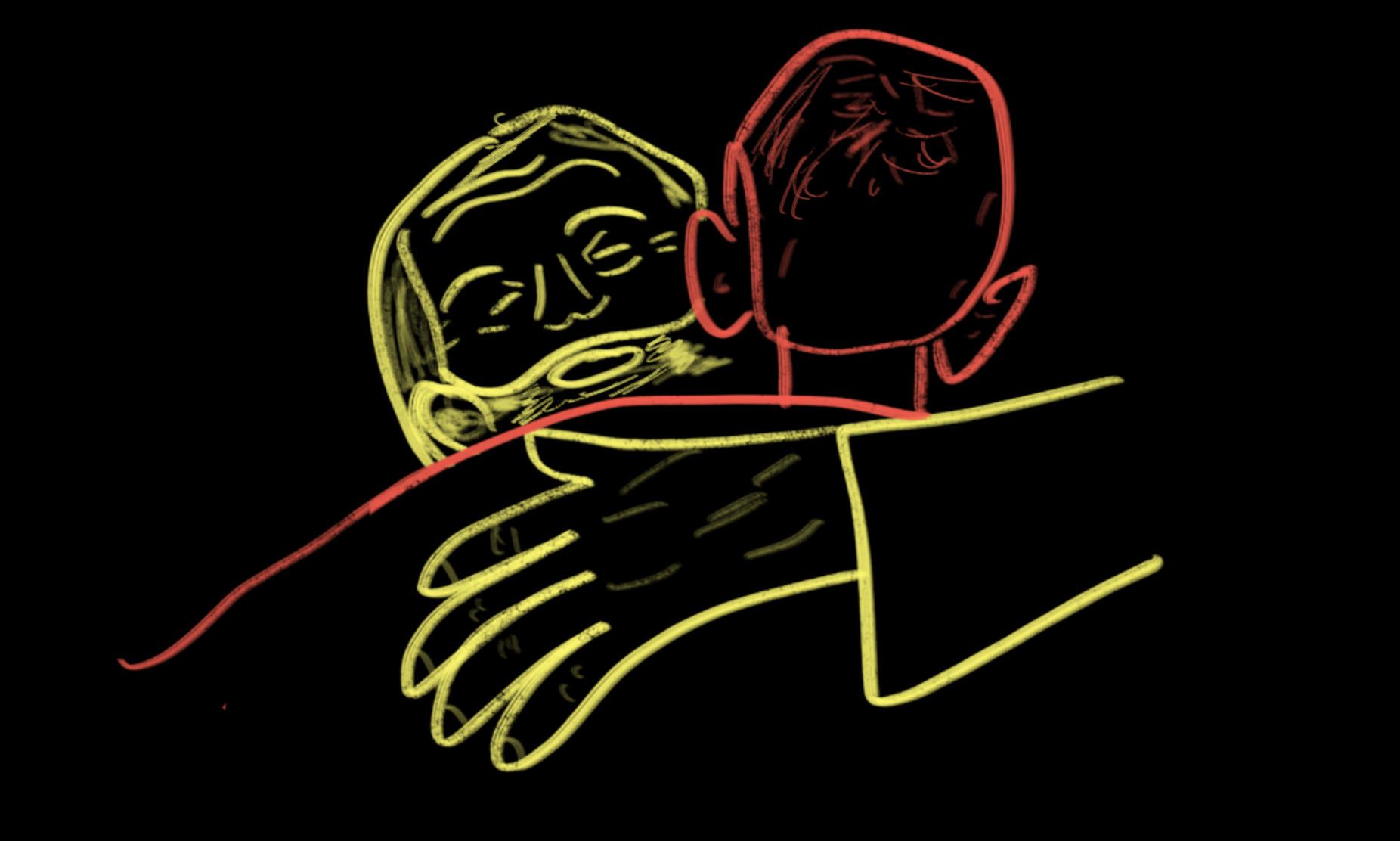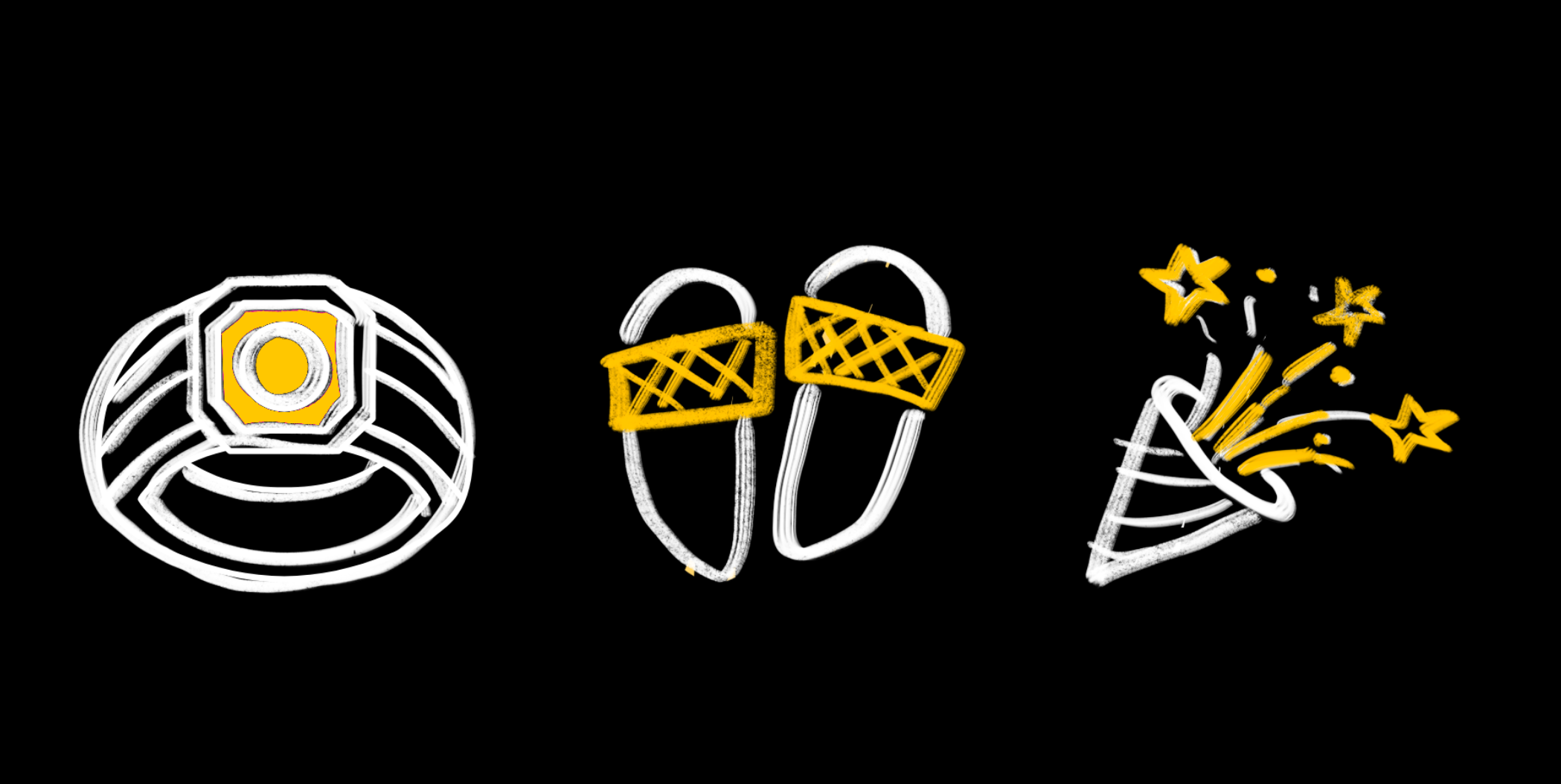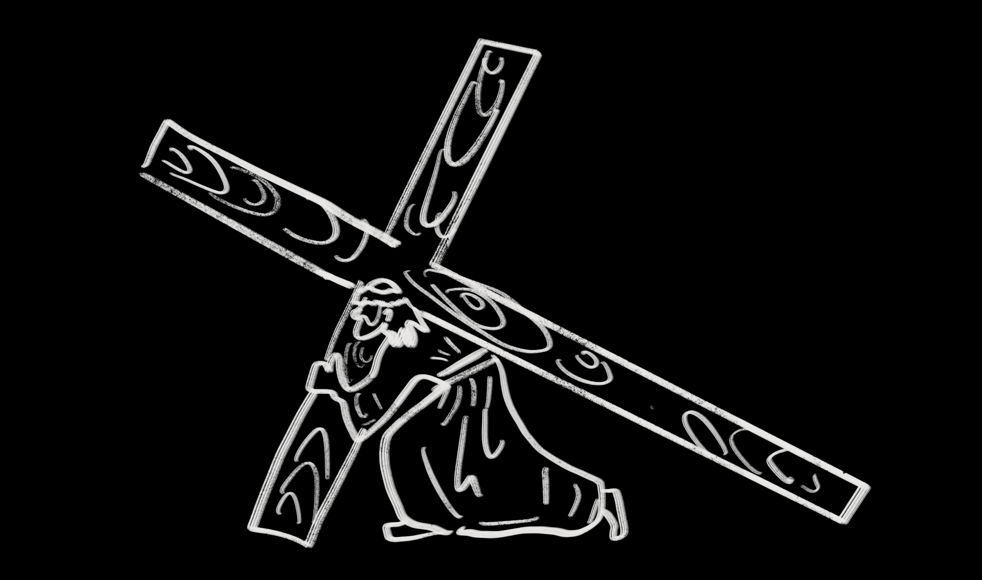Colossians 2:6-15
Powerful Tiny Practices
The letter to the Colossians addresses the challenge of false teachings that threatened to lead believers astray. In examining Colossians 2:6-7, we find a concise overview of the entire letter, emphasizing the call to conduct our lives deeply connected to Christ. The imagery of walking while being rooted challenges us to consider how we navigate all aspects of life.
The word "walk" (Peri-pateo) extends beyond physical steps, urging us to consider how we conduct all matters of life. Meanwhile, being "rooted" (rhi-zoo) conveys stability and a deep connection to something beyond ourselves. "Built up" (epoi-kodo-mou-menoi) emphasizes the continuous process of growth and maturity. In essence, these verses highlight the foundational calling for all Christians—to live deeply connected to Jesus, the Lord, in every aspect of life.
Practical Application: What does it mean to practically walk while being rooted in Christ? Let's explore this idea further.
The Reason: The Fullness of God in Christ
Delving into the reasons behind this call, Paul, in verses 9-10, emphasizes that in Christ, the fullness of God dwells. Perhaps there is no other phrase in all of the letter that has far more significant implication for you and I. For the people at the time, these words counters the false teaching that downplayed Jesus' divinity. Paul asserts that Christ is not only God-like rather He is fully God, the head of all rule and authority, transcending any earthly power structure including our own.
Paul's message isn't just about external confrontations but addresses the internal condition of the human heart. Our persistent temptation to govern our own lives echoes back to the Garden of Eden. Rooting our lives in Christ means relinquishing the illusion of control and allowing God's wisdom to guide and orchestrate our lives.
Practical Application: In a world dominated by distractions, how can we intentionally root our lives in Christ's authority?
In the bustling cityscape of Seoul 2024, our battle might not mirror the conflicting beliefs and ideologies faced by the Colossians. Instead, our pervasive struggle is with distractions. Picture this: you grab your phone to set an alarm, and before you know it, you've lost an hour scrolling through dog memes, baby videos, and your friend's vacation photos. Sound familiar?
How then do we navigate this overwhelming sea of diversions, where the still, small voice of the Holy Spirit is often drowned out
Silence as a Healing Balm: Learning from Søren Kierkegaard
Søren Kierkegaard, a philosopher from the early 1800s, once remarked, "The present state of the world and the whole of life is diseased. If I were a doctor and were asked for my advice, I would reply, 'Create silence!'" Imagine what he might say about our smartphones today, those devices that seemingly connect us but often contribute to the chaos.
We need to be intentional about creating moments of solitude and silence amidst the noise. It's not just about the absence of sound; it's about a deliberate stillness. This intentional silence allows the reality of God to stand prominently in the midst of our lives.
Wisdom from Dallas Willard: Breaking the Chains of Busyness
Dallas Willard asserts that solitude, when well-practiced, has the power to break the chains of busyness, haste, isolation, and even loneliness. In those silent moments, you'll realize that the weight of the world isn't on your shoulders. Instead, you'll find yourself, and more importantly, God will find you in new and profound ways.
Practical Steps: Creating Space for Solitude
Intentionality is key. If waking up before everyone else is what it takes to practice solitude, do it! If arriving at work a bit early allows you to sit before the Lord, make that choice. Even if it means picking up your child a few minutes late to spend time with God, let that be a deliberate decision. Without intentional efforts to create space and time for silence, it won't happen naturally in our distraction-filled lives.
Let's intentionally carve out moments of solitude and silence, breaking free from the chains of constant noise. In doing so, we open ourselves to a deeper connection with God and find a sense of peace amidst the chaos.
The Triumph: Victory Through the Gospel
While habits play a crucial role in deepening our roots, they will never save us. Paul ends this section pointing us once again to the truth of the gospel…
V12 Having been buried with Christ in baptism, in which you are also raised with him though faith in the powerful working of God…who raised him from the dead…. V13-14 You who were dead in sin… God made alive together with Christ… through Jesus being nailed on the cross… all of our debt has been canceled….
On the cross, Jesus took upon Himself the weight of our sins. The cross stands not only as symbol of our victory but also our reality… our victory over all forces that seek to dominate and condemn which includes our own voices. There will be good days, and some bad days and everything in between even on our our worst day… God is at work, building us up. And is that very hope is what transcends our daily successes and failures, reaching into the very core of we we are. Yes, the challenge is for you and I to be deeply rooted in Christ… we can only do that because He has rooted himself in us first.
Pastor Sangmin














